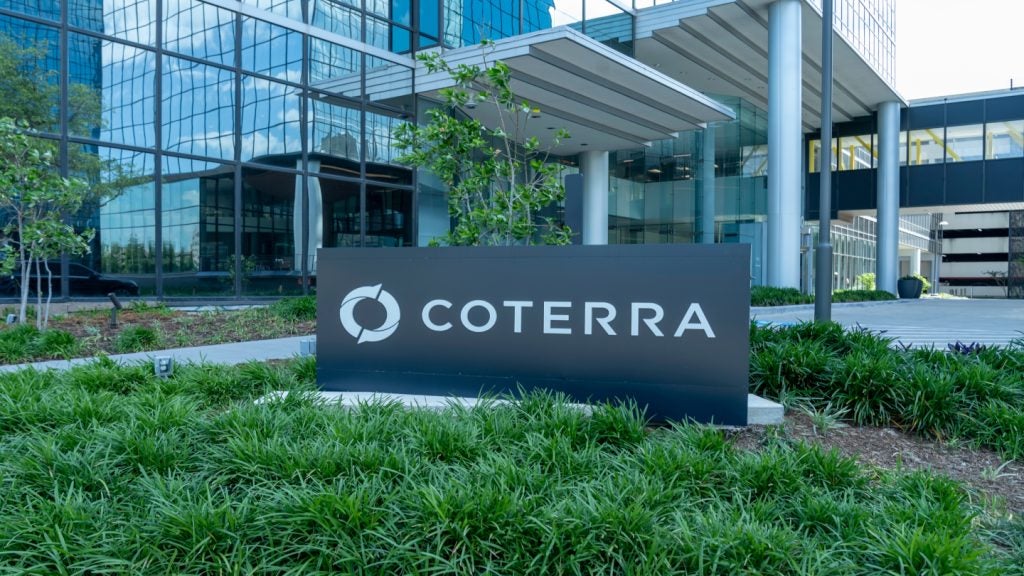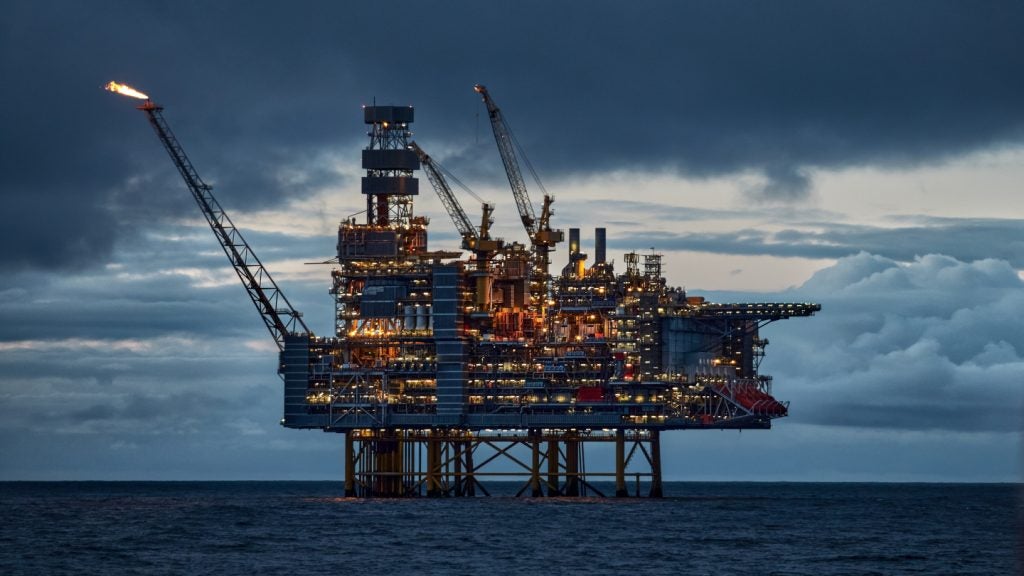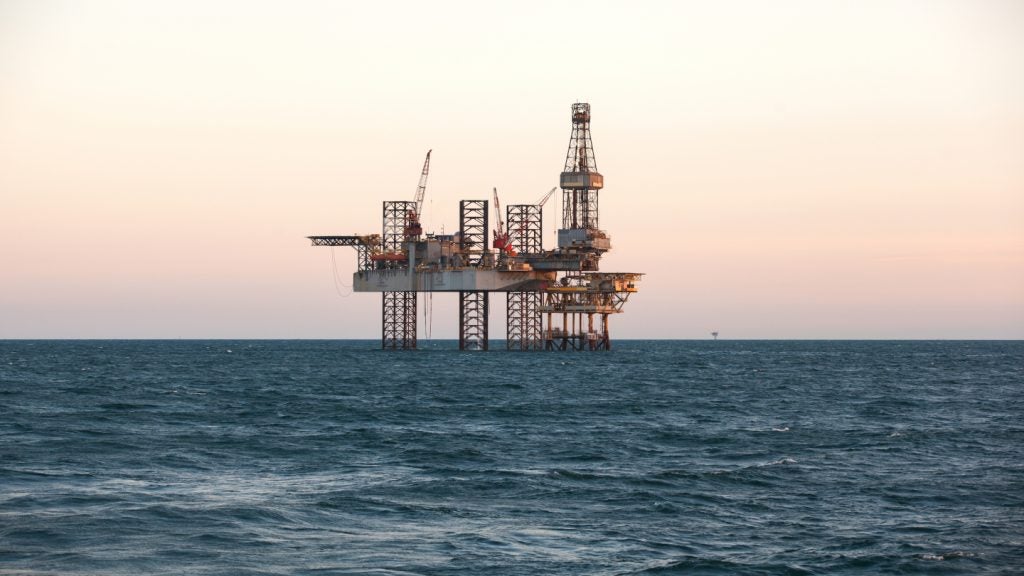Iraq's oil ministry announced that all necessary procedures have been completed to enable the resumption of oil exports via the Iraq-Turkey pipeline.
This development marks a significant step towards resolving the nearly two-year dispute that disrupted crude flows between Baghdad and the semi-autonomous Kurdistan region.
Iraqi oil minister Hayyan Abdul Ghani stated that oil exports from Kurdistan are expected to resume next week, according to a report by Reuters, citing sources.
This follows improved relations between Baghdad and Erbil, which had been strained due to disagreements over payments with producers.
Iraqi Prime Minister Mohammed Shia Al-Sudani had previously cited these disagreements as a reason for the pipeline's delayed reopening.
The pipeline was shut down by Turkey in March 2023 after an arbitration court ordered Turkey to pay $1.5bn to Iraq for transporting oil without Baghdad’s approval.
Despite reports of pressure from the US administration under President Trump to restart Kurdish oil exports, an Iraqi official denied any such pressure or threat of sanctions, the report said.
Technical discussions between the federal government of Iraq and the Kurdistan Regional Government (KRG) were held to finalise the details necessary for resuming exports, including a payment mechanism acceptable to oil companies.
The Iraqi parliament's approval of a budget amendment on 2 February, which set a rate of $16 per barrel for oil transport and production costs in Kurdistan, facilitated these negotiations.
The amendment also mandates the KRG to transfer its oil output to the state-run State Oil Marketing Organization (SOMO).
The oil ministry's recent statement urged the KRG to commence crude deliveries to SOMO to enable export resumption.
The Association of the Petroleum Industry of Kurdistan (APIKUR), representing eight foreign oil companies operating in the region, had called for the immediate resumption of exports through the Iraq-Turkey pipeline as the regional dispute continued to affect supplies.
APIKUR had urged the Iraqi Government to engage with the KRG and international oil companies in tripartite meetings to discuss reopening the pipeline.
APIKUR includes companies such as DNO, Genel Energy, Gulf Keystone, HKN Energy, Hunt Oil, Mol, Shamaran Petroleum, and Western Zagros.













